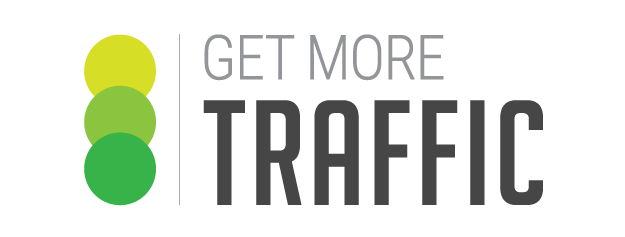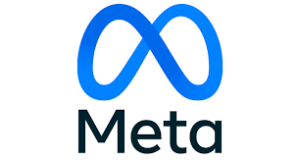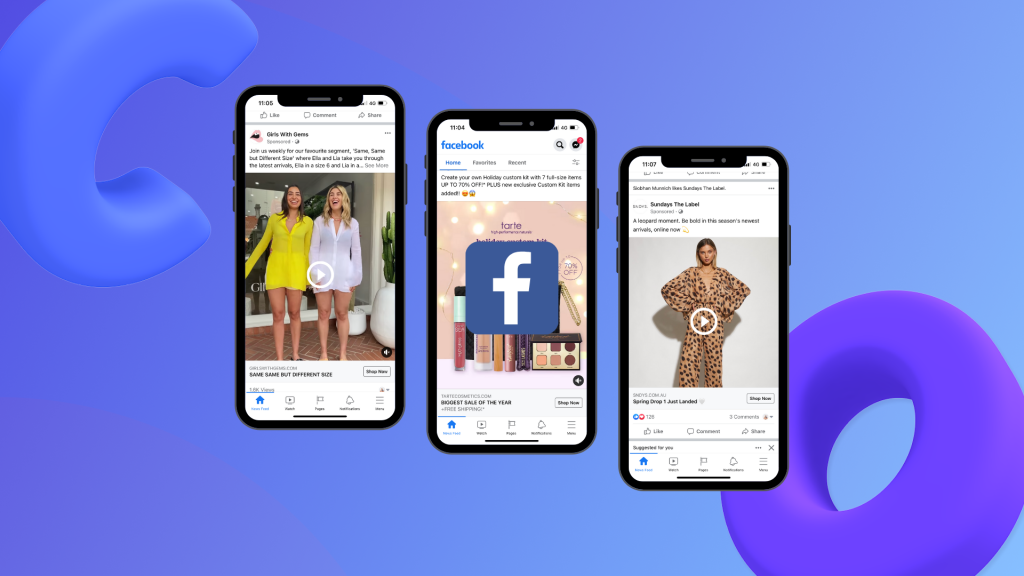Google Ads or Facebook Ads: Which Fits Your Business Better?
In digital marketing, every good marketer will tell you that the best strategy is an omnichannel strategy. Don’t put your eggs into one basket. The more channels you can distribute your content through, the better.
However, every so often we still do get this common question from our clients, “Which is better, Google ads or Facebook ads?” And our answer has always been the same: “Both!”
Deciding where to spend the bulk of your budget requires more complex thinking, strategising, and planning. In fact, when choosing between Google or Facebook, the more appropriate questions are actually:
- Which platform better fits my budget?
- Which platform is a better fit for my product?
- What stages of the customer journey am I targeting?
And so, to answer the question between Google Ads and Facebook Ads, we’ll tackle each of these points to help you get a sense of which platform is best to start advertising on.
1. Which Platform Better Fits My Budget?
Because we usually service small-to-medium businesses, the concern about budget comes up in relation to which platform is the better one. Most business owners want to know where is the best place to start advertising into?
To start, get very clear with your numbers. How much can you afford to pay to gain a customer? You want to make sure that you’ll be able to get the best potential returns on your ad spend. To know that, you’ll also need to look at your industry and how they’re performing on both platforms.
Google Keyword Planner can provide you with a good estimate of your potential cost per click (CPC). Some industries are incredibly expensive from a cost per click angle. If you have a daily budget of $500, for example, but your cost per click is around $50, that means that you’re only getting 10 clicks to your website a day. Of course, other industries are less competitive, costing you only $1-$5 per click or less!
You can always bring down a high-cost CPC with a lot of testing and research, and it would be worth it. But you may also want to consider Facebook, which has more robust targeting capabilities.
2. Which Platform is a Better Fit for My Product?
Google is a search platform, servicing users whose intention is to find answers to their questions. The intention could simply be additional information on a topic, or to find a product or service that could provide the solution to their problem.
Facebook is a social platform where users want to find out what’s new and what’s happening within their social circles. It can also be a place to discover trends and the latest news and updates on things you’re interested in. But the primary purpose of Facebook remains to be social.
If your business sits in the entertainment or news industry, for example, Facebook ads could prove to be the better fit for you, as you’re leveraging off of the many communities that talk about and discuss the topics within the industry.
If you’re a service provider, on the other hand, such as law & architecture firms, clinics, maintenance services, or restaurants, Google can bring in customers that are looking specifically for your services. In fact, according to Google, the searches for terms including “Where to buy” and “near me” have grown by over 200% in the past two years.
3. What stages of the customer journey am I targeting?
Now that you’ve considered your budget and fit, it’s time to consider the intent of the audiences you’re targeting.
One advantage Facebook has over Google is the potential to target any interest, ranging from large pools like sports and entertainment to very niche interests like pottery, knitting, or scrapbooking. Facebook can show your ads to as many people as possible that have those targeted interests.
One advantage Google has over Facebook is being able to target audience intent. Because Google Ads are keyword-based, you’re able to target users in different stages of the customer journey: whether they’re just curious, or they’re already looking to purchase.
A user that intentionally typed in “Vegan restaurants near me” is at a very different stage than one that’s just scrolling through their Facebook news feed and just comes across an ad for a vegan restaurant. They may be interested, and curious enough to click, but they might not yet be at that buying stage compared to the user searching on Google.
Therefore, advertising on both platforms at the same time is often recommended. And while both platforms give you the ability to re-target users that have engaged with your ads or your website, bringing in a cold audience can be more challenging if you’re just going with one or the other.
If you’re still confused about all this, or you’re on the fence about whether you want to advertise on Google or on Facebook, contact us and get in touch with one of our experts. We’ll be more than happy to help to clarify things for you even further and help you get started on the right path to online success!













